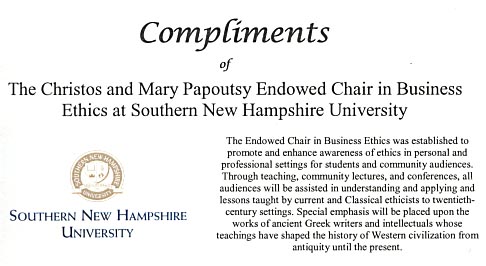
|
Lack of Trust Translates into Enthusiasm for More Regulation
An HCS Update |
|
When politicians debate the need to increase, decrease or change government regulation, they often do so in a generic way without reference to any particular industries, Harris points out. They talk of the need to cut red tape and burdensome regulations, to have stricter oversight of accounting practices, or call for stronger enforcement of environmental standards. The public, on the other hand, eschews ideological positions on regulation. It tends to see different industries very differently and to distinguish between the regulation of one industry and another. Majorities favor more regulation of some industries, but not of others. For example, the public is seven times more likely to want increased regulation of managed care companies than to demand regulation of computer manufacturers. The Harris study showed people a list of 15 industries and asked them which ones should be more regulated, and which should be less regulated. They were also asked which ones are generally honest and trustworthy -- defined by whether they would normally believe a statement by a company in that industry. Four industries were mentioned by more than half as needing more regulation, and the top three are all in the health care industry: managed care (60 percent), health insurance (59 percent), and pharmaceuticals (57 percent). The only other industry to be mentioned by more than half is the oil industry (52 percent). Most respondents (57 percent) did not believe that any of the fifteen industries should be regulated less strictly than they are now, and few people mentioned any one industry. The industries mentioned most often as requiring less regulation are computer software companies (18 percent), computer hardware companies (17 percent) and supermarkets (17 percent). No industry was seen as trustworthy by a majority of respondents, but there was similar variation among respondents on which industries were more trustworthy. Relatively large numbers trust supermarkets (40 percent), banks (35 percent), hospitals (34 percent), computer hardware companies (27 percent), packaged food companies (23 percent), and computer software companies (22 percent). On the other hand, only very few people believe that tobacco companies (3 percent), managed care companies (4 percent), oil companies (4 percent) and health insurance companies (7 percent) are generally honest and trustworthy. |

|
